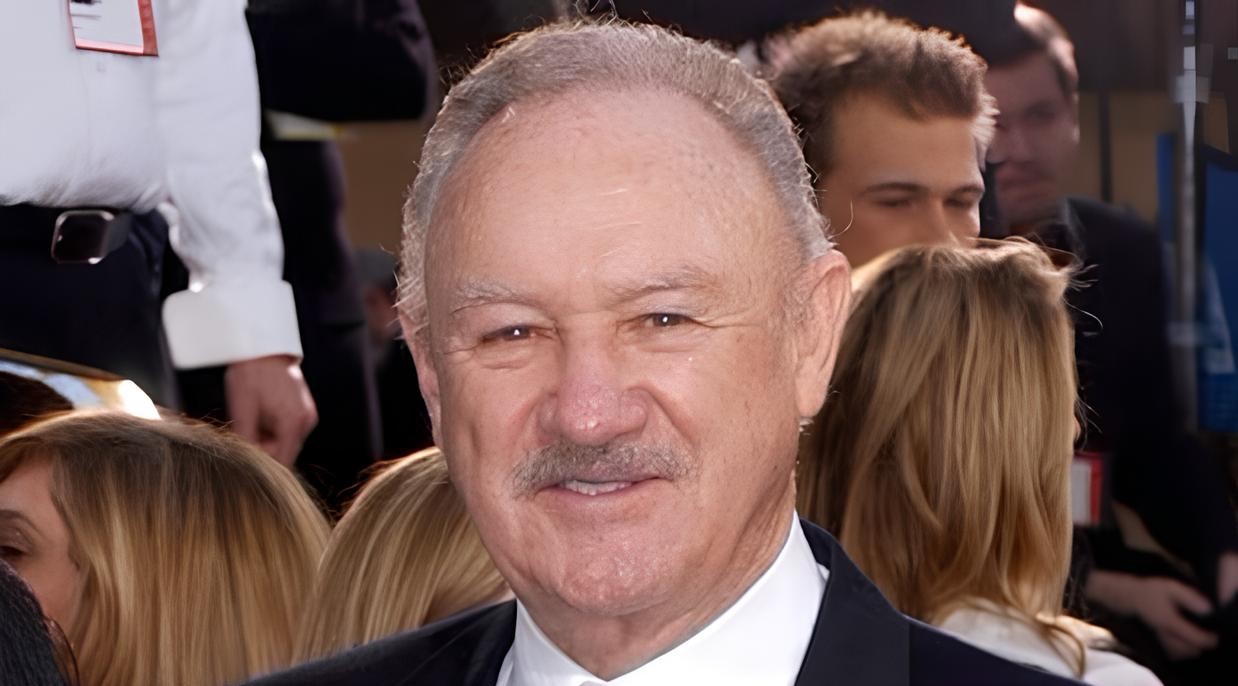Emma Watson has provided more insight into her past comments about being “self-partnered.” In a new interview, the 33-year-old actress clarified that the term doesn’t necessarily mean she’s single. Watson first described herself as “self-partnered” in 2019, sparking public curiosity about her relationship status.
In an interview with British Vogue, Watson reflected on her approach to relationships as she reached this life milestone, expressing satisfaction with her independence. “It took me a long time, but I’m very happy [being single]. I call it being self-partnered,” she shared. Now, she’s cleared up exactly what she means by this.

California-based clinical psychologist Carla Marie Manly explained the concept of being “self-partnered” to NBC, describing it as a sense of wholeness within oneself. According to Manly, it’s a state in which someone “does not feel compelled to seek fulfillment through having another person as a partner.”
Being self-partnered doesn’t mean avoiding relationships or marriage; rather, it involves a commitment to understanding and prioritizing oneself. Manly notes that “to be truly self-partnered, one must often invest a great deal of time and energy on personal development.”

Emma Watson isn’t the only public figure redefining relationship labels.
In 2014, Gwyneth Paltrow introduced “conscious uncoupling” to describe her separation from musician Chris Martin.
So, what’s fueling this trend of reshaping relationship terminology?
Florida therapist Travis McNulty explains to NBC that “there’s a big shift in renaming the terms of relationships” as younger generations increasingly prioritize individuality over traditional relationship expectations.
These evolving terms challenge conventional labels like “single” or “divorced,” reframing them as empowering identities. McNulty observes, “People form opinions based on labels traditionally used to define a person’s relationship status, but when Emma Watson and Gwyneth Paltrow come out and use phrases like ‘self-partnered’ and ‘conscious uncoupling,’ it challenges the psychological implications and narratives behind the phrases being ‘single’ and ‘getting a divorce.'”

In a recent interview with Vogue, Watson clarified her intentions further. She shared, “Getting to the point when I was 30, I was realizing: ‘Oh, maybe I’ve figured out some things about how to care for myself better – maybe quite well, actually.’ And taking pride in that.”
While Watson values relationships and community, she underscores the significance of self-love and independence.
She has built a strong support network and actively invests in her relationships with friends and family. Manly also provides guidance for those interested in embracing self-partnering, whether single or in a relationship, encouraging individuals to learn to enjoy their own company.

“It’s important to also nurture feeling at ease without others — and loving your time alone,” she notes.
Simple activities, like dining solo, reading, or even watching a movie alone, can help boost self-esteem.
Manly suggests journaling daily to explore “your strengths and weaknesses… learning more about who you are without judgment.”
For those who have experienced unhealthy relationship patterns, she advises taking time to examine these dynamics, whether through therapy or reading. Manly recommends reflecting on past relationships to identify recurring patterns, which can lead to meaningful personal insights.



